
Saving India's Critically Endangered Hammerhead Sharks

Saving India's Critically Endangered Hammerhead Sharks
India's Hammerhead sharks are critically endangered due to overfishing, bycatch, and unregulated trade. This project by the 1OCEAN Programme of Zooreach employs AI-driven citizen science, community engagement, and conservation planning to safeguard these vital apex predators, ensuring marine biodiversity and sustainable fisheries.
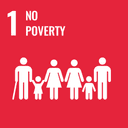
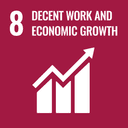
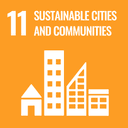
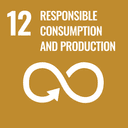
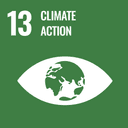

- (i) Environmental Sustainability
- (ii) Ecological Balance
Tamil Nadu
Open for Funding
New Project
Executive Summary
Sharks are apex predators in marine ecosystems that are severely threatened owing to high demand for their fins, meat, liver oil, skin, and cartilage, globally. India being the top three countries in the world for shark fisheries over 50 years coupled with one-third of sharks and rays pushed towards global extinction and increase in IUU fishing (Illegal, Unregulated, Unreported) in India, makes their conservation ever so critical.
Sharks in India are mainly caught as bycatch - a result of indiscriminate fishing caused by use of non-selective fishing gear. This is a serious issue resulting in unsustainable fisheries and even a complete collapse of fisheries in the near future given the shift to bycatch-driven fisheries.
The focus for this project is on the extremely unique and iconic Hammerhead sharks since this group is Critically Endangered, slow reproducing, caught as bycatch, is heavily traded for consumption and export, and has no systematic documentation of the trade chain.
We will address this through three phases (years) – in the first year we will use Artificial Intelligence to help record data on catch of Hammerhead sharks through youth and citizen science enthusiasts with support of community members. Simultaneously, we will conduct workshops to lay the foundation for community based conservation. The second year will include education and outreach workshops using an interactive learning platform that reflects the plight of threatened species and importance of understanding and conserving marine ecosystems. The final year will include a bottom-up approach to conservation via an action plan for Hammerhead sharks that involve all relevant stakeholders.
This multipronged approach is crucial to ensure that Hammerhead sharks are not locally extirpated from Indian waters owing to the intense fishing pressure.
About the NGO
Zoo Outreach Organisation was founded in 1985. The organization was initially established as a Society in 1985 and later registered as a Trust in 2006 under the Indian Trust Act. ZOO addresses biodiversity, ecosystem, and livelihood conservation using science, education, training, outreach, contemporary conservation tools & processes with its networks based on thematic groups to tackle gaps in knowledge, research & conservation of wild fauna, flora, & funga, and issues related to climate change mitigation, human-wildlife coexistence, restoration & rewilding, & sustainability.
Their objective is to promote research, education and conservation of lesser-known flora, fauna, and funga. Identify and fill gaps in knowledge in wildlife through scientific research. Train and build capacity in field techniques, taxonomy, and conservation planning. Promote, education and outreach programs on conservation, human-wildlife coexistence, metapopulation management, conservation planning, evidence building and science. Build evidence in conservation through hosting a peer-reviewed scientific publication. Communicate conservation science to the general public through a monthly magazine. Assess, Plan, and Act on species and habitat conservation. Promote sustainability holistically for livelihood and species/habitat conservation. Conduct research and develop informed policies on trade, alien invasive species, and wildlife diseases. Promote restoration and rewilding with stakeholder participation.
Currently, ongoing projects include the Western Ghats, western Himalaya, elephant range states, and northeastern India.
Please Login to view the additional details or Register as Donor
- Problem Statement
- Larger Context
- Proposed Intervention
- Geography and demography
- Methodologies and activities
- Budget
- Additional Details